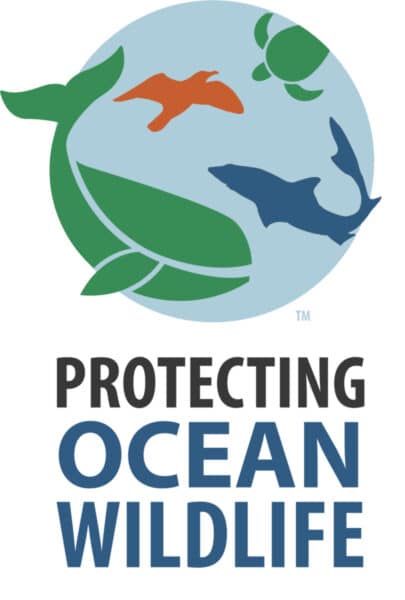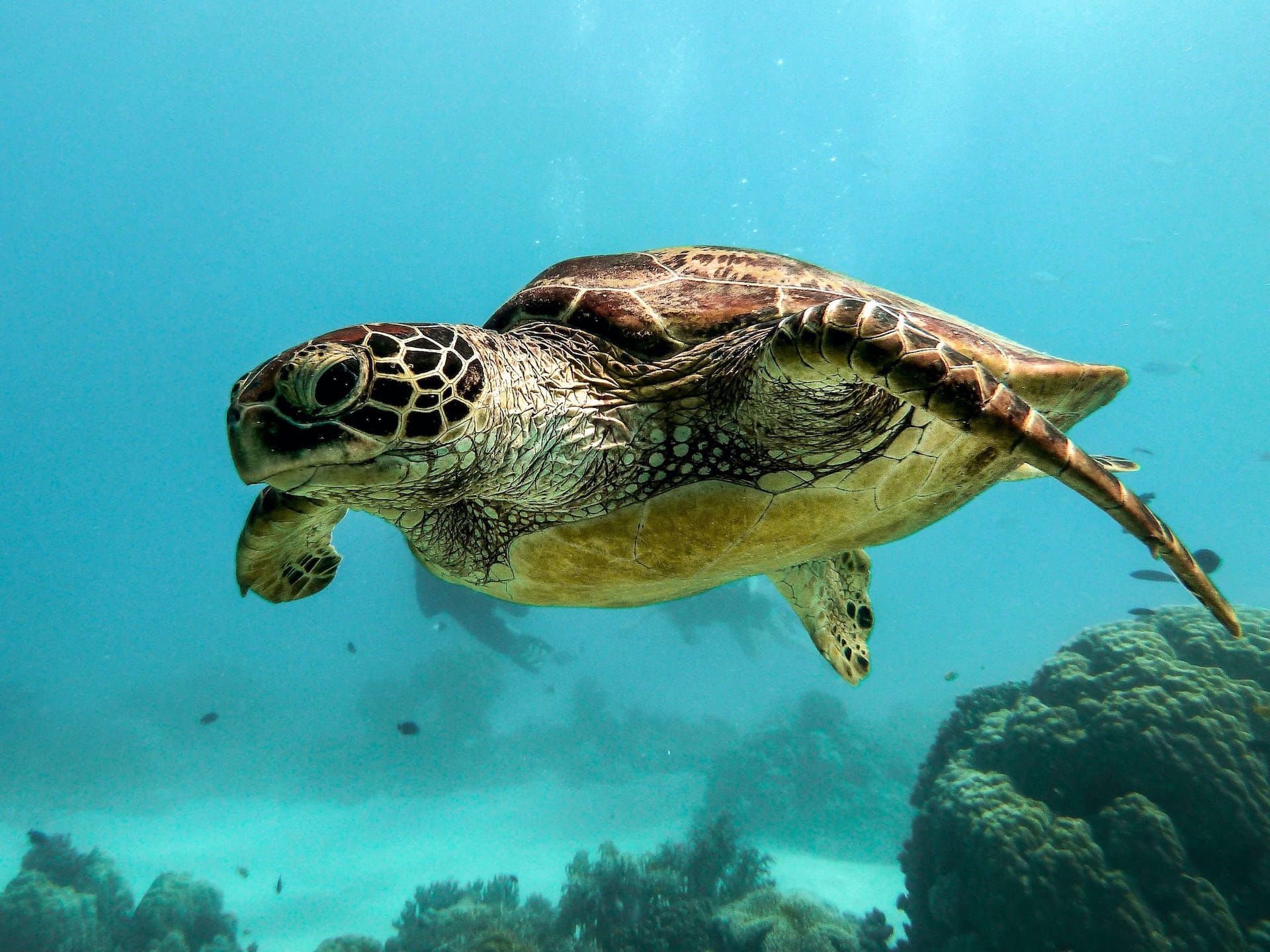Sustainable Fisheries Partnership (SFP), the Royal Society for the Protection of Birds and Whale and Dolphin Conservation have completed an independent audit of the fisheries that supply seafood to Tesco.
The study examined the risks to ocean wildlife, including threats to sharks and rays, seabirds, marine mammals and sea turtles from capture in commercial fisheries, commonly known as bycatch.
 These audits are a key part of SFP’s Protecting Ocean Wildlife initiative – of which Tesco is an early partner – which engages retailers, industry, and the entire supply chain in an effort to reduce marine wildlife bycatch, especially endangered, threatened and protected species.
These audits are a key part of SFP’s Protecting Ocean Wildlife initiative – of which Tesco is an early partner – which engages retailers, industry, and the entire supply chain in an effort to reduce marine wildlife bycatch, especially endangered, threatened and protected species.
The following high potential bycatch risks were identified in Tesco’s source fisheries:
- Tuna fisheries utilizing longlines and purse seine gears utilizing fish aggregating devices (FADs) pose a significant risk to sharks and rays, seabirds (longline), sea turtles (longline) and marine mammals (purse seine)
- Alaskan salmon set/drift gillnet fisheries pose a significant risk to seabirds
- Argentine shrimp and Indonesian prawn fisheries pose a significant risk to sea turtles
- Icelandic cod gillnet fisheries pose a significant risk to seabirds and marine mammals
- Canadian lobster pot and trap fisheries pose a risk to marine mammals.
“We’re pleased to partner with Sustainable Fisheries Partnership to protect ocean wildlife and drive progress across the retail industry on this critical issue in seafood sustainability,” said Anna Turrell, Head of Environment at Tesco.
“Reducing … bycatch is a vital element of our ‘seascape’ or ecosystem-based approach to promote healthy fish stocks and mitigate the impacts of fishing on the wider marine environment. This report is an important step on that journey, and we’re already working with our suppliers to take action on the issues raised, including implementing 100% observer coverage on vessels in our supply chain.”
Adds Ian Rolmanis, global markets deputy director at Sustainable Fisheries Partnership: “As a result of the audit, Tesco can prioritize areas for change and use it as an example to encourage other retailers to take similar action to protect ocean wildlife through their sourcing practices. Tesco’s ambition on marine conservation and specific focus on fisheries bycatch will make a big difference in ocean health and increasing industry adoption of sustainable practices.”
Tesco voluntarily discloses its wild capture fisheries and farmed seafood sources through the Ocean Disclosure Project and is seeking to transition to ecosystem-based fisheries management by 2030.





